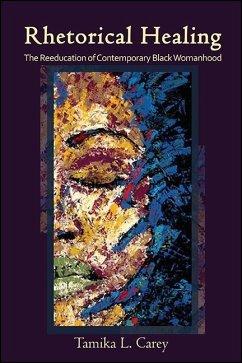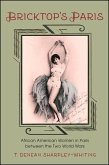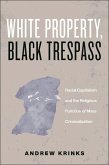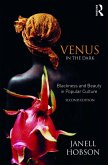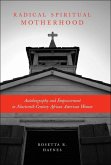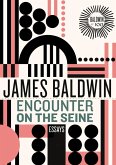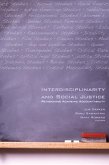Since the Black women's literary renaissance ended nearly three decades ago, a profitable and expansive market of self-help books, inspirational literature, family-friendly plays, and films marketed to Black women has emerged. Through messages of hope and responsibility, the writers of these texts develop templates that tap into legacies of literacy as activism, preaching techniques, and narrative formulas to teach strategies for overcoming personal traumas or dilemmas and resuming one's quality of life
Drawing upon Black vernacular culture as well as scholarship in rhetorical theory, literacy studies, Black feminism, literary theory, and cultural studies, Tamika L. Carey deftly traces discourses on healing within the writings and teachings of such figures as Oprah Winfrey, Iyanla Vanzant, T. D. Jakes, and Tyler Perry, revealing the arguments and curricula they rely on to engage Black women and guide them to an idealized conception of wellness. As Carey demonstrates, Black women's wellness campaigns indicate how African Americans use rhetorical education to solve social problems within their communities and the complex gender politics that are mass-produced when these efforts are commercialized.
Drawing upon Black vernacular culture as well as scholarship in rhetorical theory, literacy studies, Black feminism, literary theory, and cultural studies, Tamika L. Carey deftly traces discourses on healing within the writings and teachings of such figures as Oprah Winfrey, Iyanla Vanzant, T. D. Jakes, and Tyler Perry, revealing the arguments and curricula they rely on to engage Black women and guide them to an idealized conception of wellness. As Carey demonstrates, Black women's wellness campaigns indicate how African Americans use rhetorical education to solve social problems within their communities and the complex gender politics that are mass-produced when these efforts are commercialized.
Dieser Download kann aus rechtlichen Gründen nur mit Rechnungsadresse in A, D ausgeliefert werden.

